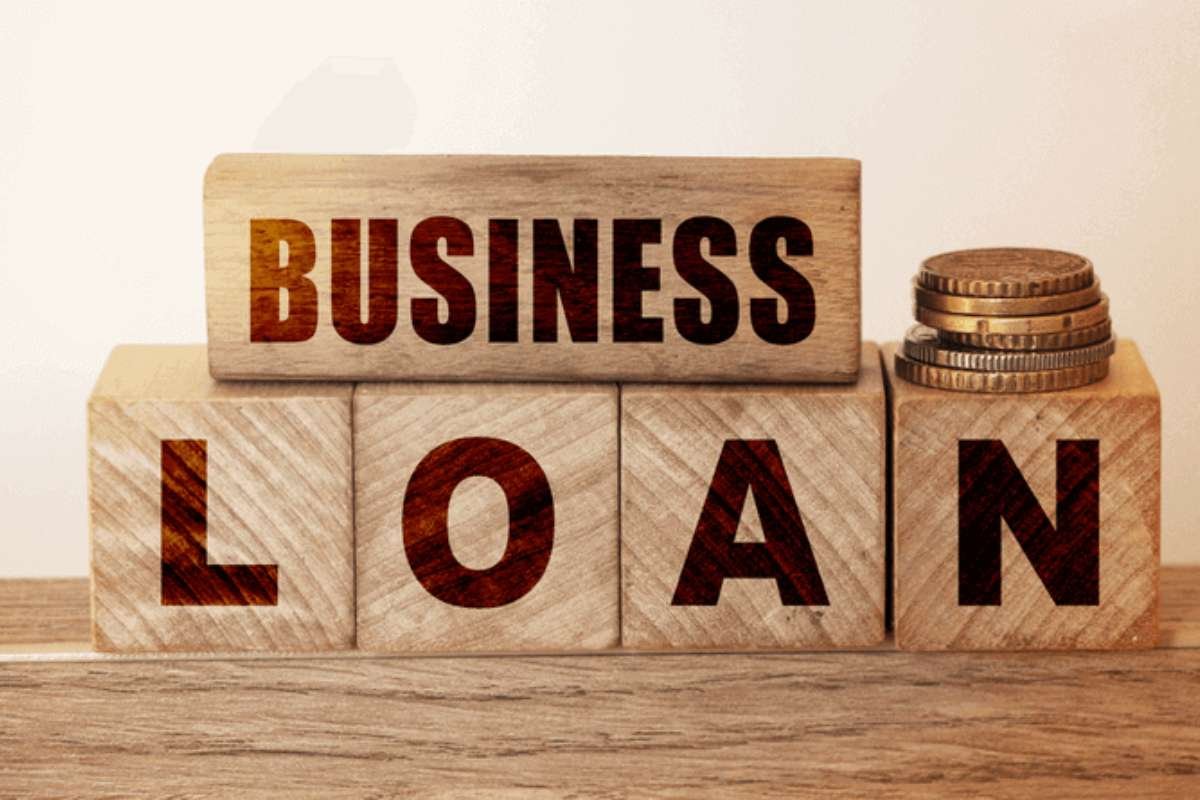With so many investment opportunities to choose from, real estate could be one of the most appealing in terms of return on investment. Commercial real estate could be your best choice as you’ll be able to find plenty of businesses wanting to rent space. Or, you can even put up your own company, too. Either way, acquiring commercial properties requires hefty investments, so you’ll need some financing support from lenders.
It’s essential to be aware of the various financing options available to you. As a start, you can compare all their pros and cons and decide which one suits your financial condition best. You can depend on this article, so you’ll have more details before you take that giant leap, too.
Here are some Financing Options for buying Commercial Real Estate:
1. Commercial Property Loans
If you’ve been eyeing to buy Commercial Real Estate for purposes of business expansion or investment, you can consider commercial property mortgage loans. Lenders provide several options for them. Commercial property loans are somewhat similar to a home loan. However, as these types of loans are perceived to be riskier by lenders, they offer higher rates than the latter.
While choosing the type of commercial property loan, know that you can either opt for different rates, interest-only loans, or a line of credit. It’s best to seek advice from a mortgage broker so you can decide which type is best for your financial goals and capacity. You’ll also need to consider the loan repayments and assess if you can afford to commit to the terms.
If you wish to know more about commercial property loans, read the full info here.
2. Bank Loans
Banks provide most lending for commercial real estate, especially if a company has an excellent credit track record. Also, banks rely on their credibility and stability since businesses have continuous revenues, complete balance sheets, and can provide any necessary documents. Individuals who need to finance larger commercial projects and have higher credit scores will find conventional bank loans to be an ideal financing option, too.
The ultimate advantage of reaching out to banks for commercial real estate funding is their competitive interest rates. However, you must also consider that, more often than not, they require some form of down payment, collaterals, or establish a fee if you ever decide on paying earlier than the agreed term.

3. Hard Money Loans
To finance a commercial property quickly, investors can turn to hard money loans, which are also referred to as ‘bridge loans.’ Loans from hard money lenders usually come with high-interest rates, which is already an obvious downside. However, this is a good option if you have a poor credit score, as most lenders only focus on the perceived property value and don’t base on credit history.
Many businesses opt for bridge loans as a temporary means to finance their commercial property purchase while applying for bank loans. Private companies and individuals issue these loans instead of banks or traditional lenders. These types of loans don’t plan to hold your property as collateral for a long time, so expect to repay your borrowed money within a shorter term. Usually, it ranges from three months and up to 3 years maximum
4. Owner Financing
In owner financing, the buyer pays the seller directly rather than obtaining a mortgage loan. This makes it a great financing option for those who are looking to invest in Commercial Real Estate. The buyer can benefit from less rigorous eligibility requirements with this arrangement. And, as a commercial property owner, you’ll have easier approval for funding even when your personal or business credit scores aren’t high. This is why many businesses and individuals go for owner financing.
Additionally, owner financing is an excellent resort for self-employed people and who don’t have the necessary documents required by banks and other lenders. This makes a high passive income for real estate investors, especially when they rent the property out to their clients, allowing them to generate income until it’s fully paid. It’s one way to make the most of your real estate investment.
5. Mortgage Loan
A mortgage loan secured with the help of a broker from Respect Capital or another specialist financing company will typically cover the majority of a commercial real estate purchase. These types of loans are also common for families and individuals looking to buy their own homes. Buying a home or commercial property is a big undertaking, so not only is the interest rate significant, but other terms can be equally important, too.
Consider the loan-to-value ratio first because it shows how much of the property’s value is being financed by the bank. Most of the time, banks take up the majority payment amount, but this will depend on resaleability, location, commercial property’s estimated value and condition, and other factors. The goal here is to have a higher loan-to-value ratio so you won’t have to shell out large amounts of money for paying your commercial property upfront.
Conclusion
Commercial real estate loans aren’t a far-fetched idea if you choose the best funding option for your business. Before deciding on it, though, it’s best to carefully evaluate interest rates, terms, and your financial capacity. With good credit history, complete financial document requirements, and promising cash flow predictions, you’ll have no issues applying for a commercial real estate loan.





